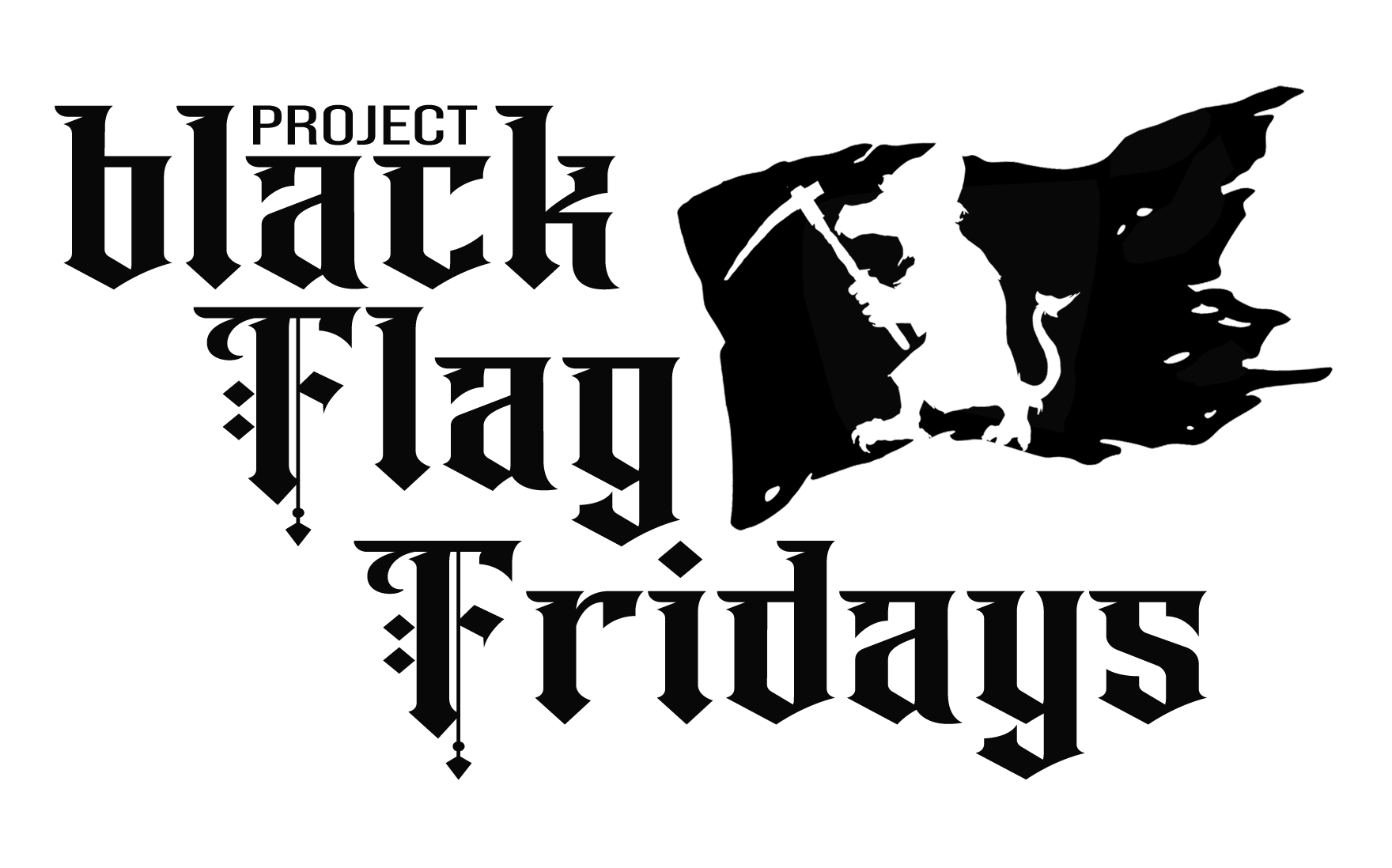Black Flag, the codename for Kobold Press' new open TTRPG, announced during the height of the recent OGL controversy as an open alternative to 5E, has put out the first playtest packet. It's 12-page document of character creation rules. So what's inside?
The introduction summarises character creation, defining 5E concepts like level, hit dice, and so on. It introduces the game as being backward-compatible with 5E.
Black Flag -- like Level Up: Advanced 5E, and Ancestry & Culture--divides the 5E concept of 'race' and 'subrace' into inherited and cultural elements. Black Flag goes with the terms Lineage and Heritage.
It goes on to present the Dwarf, Elf, and Human, along with a choice of two heritage traits for each--the heritage traits for dwarf, for example, are Fireforge and Stone. Elves get Cloud and Grove, while humans get Nomadic and Cosmopolitan. You can choose any heritage for your lineage, though. These are analogous to 5E's 'subraces', although the inherited/learned elements are separated out -- Cloud Elves are a lot like High Elves, and Grove Elves are a lot like Wood Elves, for example.
Following that are two backgrounds -- Scholar, and Soldier. They each give the usual array of proficiencies plus a 'talent'.
Magic, martial, and technical talents are essentially feats. You get a talent from your background, and can substitute an ability score increase for one.
The playtest feels to me much like a 5E written in their own words, but with 5E's 'race/subrace' structure replaced with 'lineage/heritage', the biggest thing being that the heritage (what was subrace in 5E) is cultural.
As a disclaimer, I do of course publish Level Up: Advanced 5E, which shares the exact same goal as Kobold Press' project (BTW, check out the new A5ESRD site!) It will be interesting to see how the approaches diverge; while both are backward-compatible, they already have different ways to handle what 5E calls race -- Level Up has you choose a heritage (your inherited species, basically), and any of 30+ cultures (learned stuff from where you grew up). Black Flag goes with lineage (again, your inherited species), and a choice of heritages for each lineage. And the bestselling 5E book Ancestry & Culture on DTRPG, uses those terms -- so there's plenty of options to choose your heritage/culture, lineage/heritage, or ancestry/culture!
Whatever happens, the future certainly contains a choice of open 5E alternatives!





